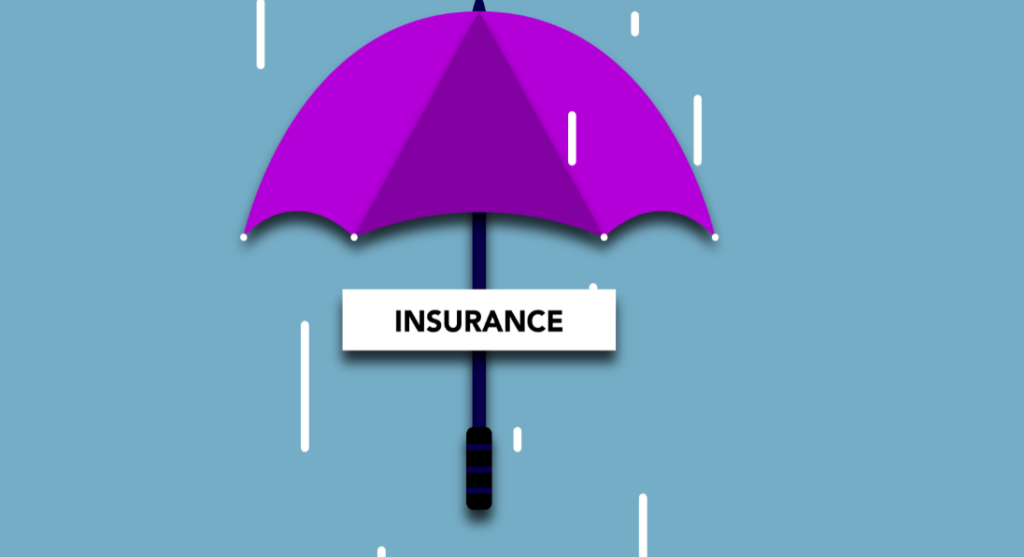
Insurance plays a crucial role in managing risks and providing financial protection against unforeseen events. However, relying solely on insurance to mitigate risks can be costly and may not always be the most effective strategy. By understanding the limitations of insurance and exploring alternative risk management methods, individuals and businesses can reduce dependency on insurance and achieve greater financial resilience. Here’s how:
Assess Your Risks
Start by identifying and assessing the risks you face. Consider risks related to health, disability, death, property damage, liability, operations, employees, customers, suppliers, regulatory compliance, investments, debt, inflation, currency fluctuations, and market volatility.
While insurance provides financial protection against specific risks, it has limitations. Policies may contain exclusions that limit coverage for certain events or circumstances. Policyholders are often responsible for deductibles and co-payments, which can increase out-of-pocket expenses. Insurance premiums can be costly, especially for comprehensive coverage or high-risk individuals. Filing claims and receiving payouts may be time-consuming and subject to scrutiny by insurers.
In addition to insurance, implement risk mitigation strategies to reduce the likelihood and impact of adverse events. Take proactive steps to prevent accidents, injuries, theft, fraud, and other losses. Diversify investments, clients, suppliers, and revenue streams to minimize concentration risk. Build an emergency fund to cover unexpected expenses and reduce reliance on insurance for minor losses. Implement safety protocols, training programs, and quality control measures to mitigate operational risks.
Consider self-insurance as an alternative to traditional insurance. Establish a captive insurance company to provide coverage for specific risks tailored to your needs. Opt for higher deductibles to reduce premiums and self-insure for smaller claims. Join risk retention groups or mutual insurance companies to pool resources with similar entities and share risks.
Regularly review your risk management strategies and insurance coverage to ensure they align with your evolving needs and objectives. Seek professional advice from insurance brokers, risk managers, and financial advisors to explore options and make informed decisions about managing your risks effectively.
While insurance is an important tool for managing risks, it’s essential to understand its limitations and explore alternative risk management methods. By assessing your risks, understanding insurance limitations, implementing risk mitigation strategies, considering self-insurance, and evaluating your approach regularly, you can reduce dependency on insurance and achieve greater financial resilience. Start implementing these strategies today to protect yourself and your business from unexpected events and secure your financial future.
Take the First Steps Towards a Stronger Financial Future Sign Up for Free Newsletters and Updates regarding All Things About Money Matters.
Disclaimer. The information provided on the website, digital platforms, and course materials does not, and is not intended to, constitute legal or professional advice. All information, content, and materials available are for general information purposes only. All liability with respect to actions taken or not taken based on the website, digital platforms, course materials, and contents are hereby expressly disclaimed. The content in this program is provided “as is;” no representations are made that the content is error-free.